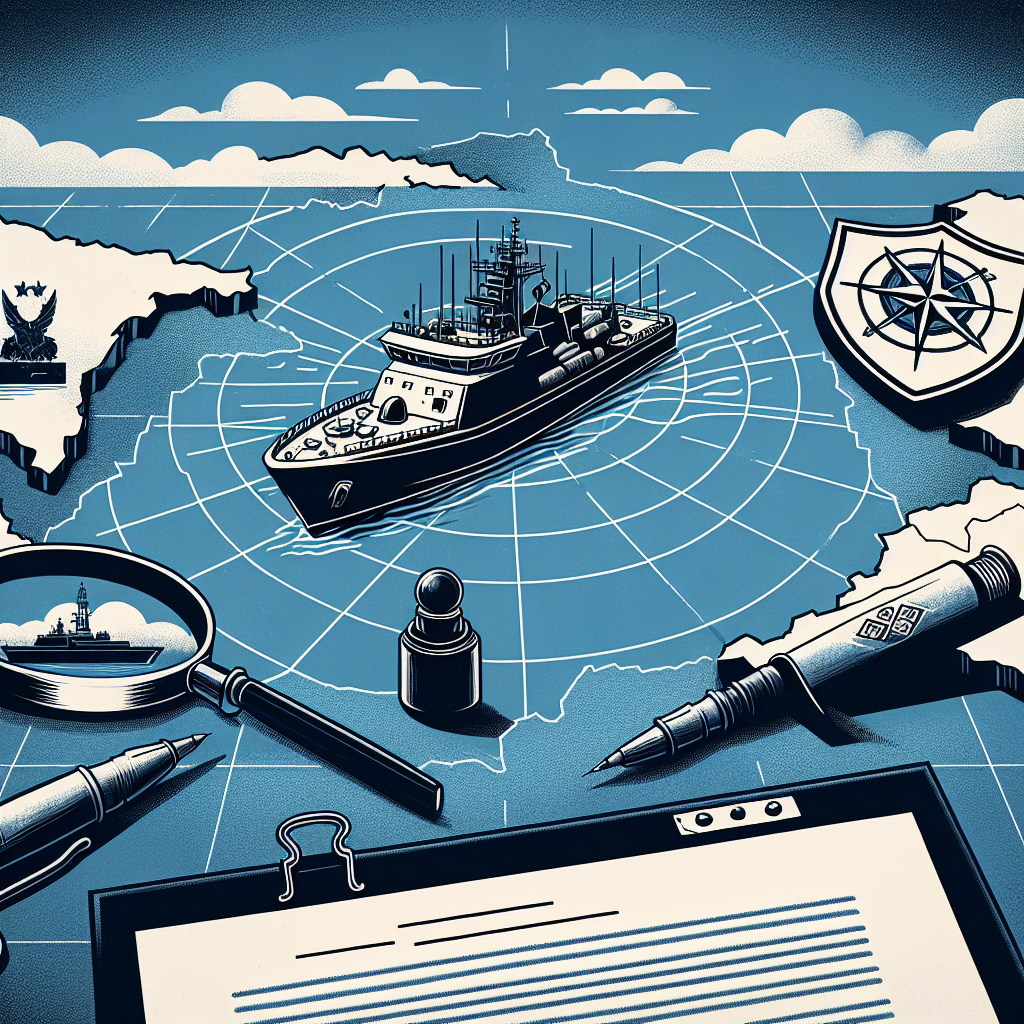Navigating Treacherous Waters: The Black Sea Security Deal's Potential Impact on Global Grain Markets
The Black Sea maritime security deal seeks to stabilize the grain and fertilizer markets, with Russia and the U.S. working toward a ceasefire in the region. Russian Foreign Minister Sergei Lavrov highlighted plans to protect global food security, while also expressing cautious optimism regarding U.S.-Russia relations.

The Black Sea maritime security deal, a significant geopolitical development, aims to reintegrate Moscow into stable grain and fertilizer markets, ensuring profit and safeguarding global food security, according to Russian Foreign Minister Sergei Lavrov.
In an unprecedented move, the United States brokered separate agreements with Ukraine and Russia on Tuesday. These agreements seek to temporarily halt hostilities in the Black Sea and suspend attacks on energy targets, with Washington agreeing to advocate for the partial lifting of sanctions against Moscow.
If successfully implemented, the deal could mark a crucial step toward achieving a broader ceasefire in the ongoing conflict in Ukraine, initially instigated by Russia's full-scale invasion three years prior. Lavrov noted the optimism of U.S. special envoy Steve Witkoff regarding a potential truce but expressed caution about European allies' influence over Ukrainian President Volodymyr Zelenskiy.
(With inputs from agencies.)
- READ MORE ON:
- Black Sea
- security deal
- grain markets
- Russia
- Ukraine
- U.S.
- Lavrov
- Trump
- ceasefire
- global food security
ALSO READ
Constructive Discussions: US-Russia Relations Over Ukraine Peace
High-Stakes Talks in Florida: Striving for Peace in Ukraine
U.S. Coast Guard Pursues Sanctioned Oil Tanker Amid Geopolitical Tension
U.S. Coast Guard's High-Stakes Pursuit of Sanctioned Oil Tanker Escalates Tensions
U.S. Coast Guard Escalates Pursuit of Sanctioned Oil Tankers










